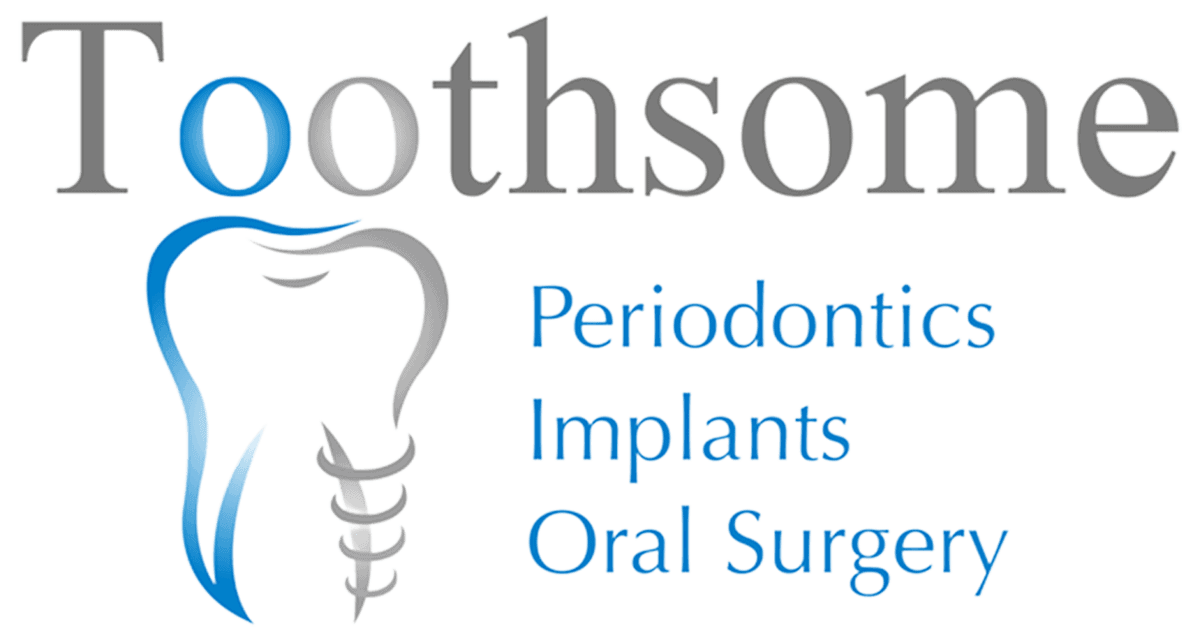
Knowing how to recognise gum disease symptoms is important to catch the condition before it causes irreversible dental damage. Look out for the symptoms of gum disease during your everyday oral health routine, and contact your dentist if you notice anything amiss.
What is Gum Disease?
Having an understanding of gum disease can help you identify the ailment in your own life. Gum disease (gingivitis) or periodontal disease (periodontitis), is caused by bacterial growth around teeth causing inflammation of the gums (gingivitis) and/or bone (periodontitis).
The Appearance of Gum Disease
Healthy gums are firm and pink and should act as a collar around the base of your teeth. Red and swollen gums and gums that look like they’re receding from your teeth indicate ill-health.
Gums that routinely bleed when you brush or floss your teeth is another cause for concern, although healthy gums may bleed during oral care occasionally. Ensure you brush your teeth carefully, and only gently brush the border where your teeth meet your gums to avoid damaging the soft gum tissue.
Your gums might bleed when you floss them if you only perform this procedure irregularly. Regularly flossing of your teeth is important to reduce the risk of plaque buildup between the teeth. This will also make it unlikely for healthy gums to bleed during flossing.
Periodontitis causes swelling when plaque and tartar around the base of your teeth irritate your gingiva, the part of your gums that seal around your teeth. If plaque, in contact with your gums, is allowed to persist, your gingiva becomes inflamed as your immune response kicks in to fight the bacteria in the plaque.
Left untreated, the bacteria in the plaque can destroy gum tissue, which is one possible cause of gum recession.
What Gum Disease Feels Like?
One of the most common gum disease symptoms is tenderness around your gums. You might feel the soreness around your gums when you brush, floss, or eat.

If gingivitis has progressed to periodontitis, you may begin to notice your teeth loosening. This is a sign that irreversible gum damage may already be taking place, and it’s important that you see your dentist immediately if you recognise this symptom.
Loosening teeth is one of the last-to-occur symptoms of periodontal disease. After your gums recede, your teeth and the bone that supports your teeth are inadequately protected from bacterial growth. Gaps resulting from gum recession can collect food particles, plaque, and debris and become infected. Bacteria wear down the tissue and bone supporting your teeth, making your teeth less secure.
Other Signs of Gum Disease
Bad breath that doesn’t go away when you brush your teeth may indicate periodontitis. The bacteria causing gum recession and gum disease also cause bad breath.
If gaps formed by receding gums are harbouring bacteria, a simple brush won’t remove the bad breath causing bacteria from your mouth.
Because gum disease occurs with gum infections, you might even see pus between your teeth or develop mouth sores. Pus is a buildup of dead white blood cells that accumulate around an infection as part of your body’s natural bacteria-fighting immune response.
Control the Problem by Recognising Gum Disease Symptoms
It’s important to be on the lookout for gum disease symptoms and seek dental help if you think you may have this disease. If you catch the disease early, you might be able to prevent further damage and restore your oral health with a professional cleaning and good oral care.
Periodontitis is a progressive oral disease, meaning it will only worsen with time if it’s not treated. The culmination of the disease, if left untreated, is tooth loss.
Reversing Gingivitis
If you catch the gum disease before it has progressed from the gingivitis stage, the right treatment can cure the condition. Your dentist will perform a scaling treatment to remove the plaque and tartar. If you have tender gums and extensive plaque buildup, this may cause discomfort.
Your gums will heal when the bacteria-harbouring plaque is removed, so long as you keep your teeth and gums clean in the future. Practice good oral hygiene by brushing and flossing habitually and schedule bi-annual dental cleanings to help your gums heal and prevent gingivitis from recurring.
What to Do if You Have Gum Disease Symptoms?
If you have any of the symptoms of gum disease, book an appointment with your dentist before the problem worsens. Toothsome is experienced at providing skilled and compassionate periodontal care for patients with gum disease.
Contact Toothsome Implants Chatswood today to book an appointment to assess your oral health and learn how we can support your dental wellbeing.
Note: Any surgical or invasive procedure carries risks. Before proceeding, you should seek a second opinion from an appropriately qualified health practitioner.


